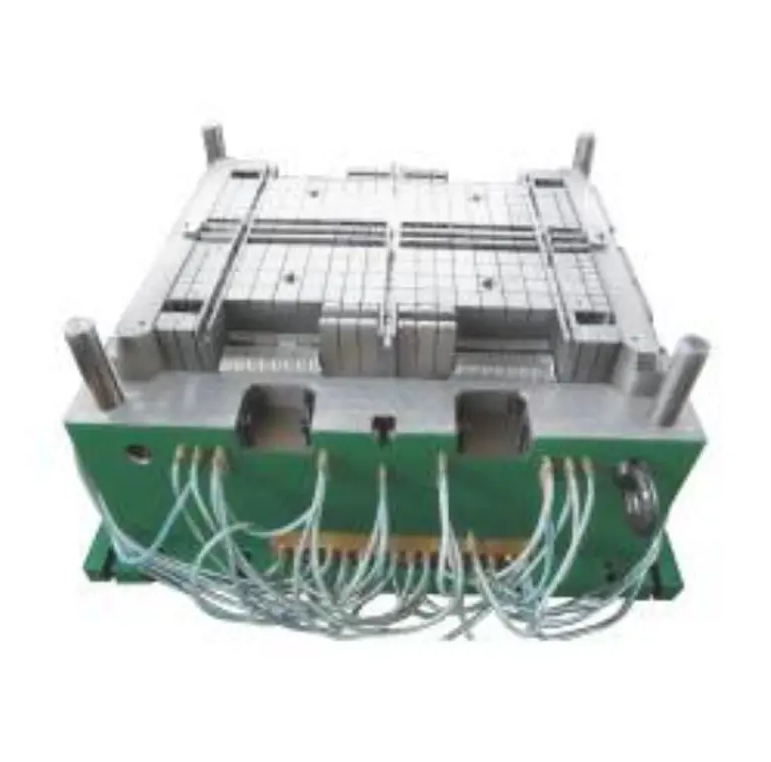Material Durability and Longevity
When comparing the performance of a Plastic Pallet Mold with a traditional wooden pallet mold, one of the most evident advantages is durability. Plastic-based pallets are resistant to moisture, insects, and decay, factors that typically shorten the lifespan of wooden pallets. In addition, they maintain structural stability under varying climate conditions, whereas wood tends to warp, crack, or splinter over time. This extended service life reduces the frequency of replacement, leading to long-term cost savings for businesses engaged in large-scale logistics and warehousing operations.
Hygiene and Safety in Handling
Another significant benefit is the superior hygiene level offered by plastic pallets. Wooden pallets can absorb liquids, harbor bacteria, or retain contaminants from previous shipments, which poses risks in industries such as food, beverage, and pharmaceuticals. In contrast, plastic surfaces are non-porous, easy to clean, and compatible with sanitation practices like high-pressure washing or chemical sterilization. Beyond hygiene, the absence of nails, splinters, and rough edges enhances worker safety during manual handling, minimizing injuries and improving overall workplace conditions.
Consistency and Precision in Production
Wooden pallets often vary in weight, size, and strength due to the natural inconsistencies of wood. Plastic alternatives, however, are produced through highly controlled molding processes that guarantee uniformity. This precision is crucial for automated warehouse systems and standardized global logistics, where consistent dimensions ensure compatibility with forklifts, conveyor belts, and storage racks. The repeatable accuracy of molded pallets also simplifies stacking, reduces handling errors, and supports efficient use of warehouse space.
Environmental and Sustainability Considerations
Although wood is renewable, the repeated replacement and disposal of damaged wooden pallets create waste management challenges. Plastic pallets, despite being manufactured from synthetic materials, often incorporate recycled resins and can themselves be fully recycled at the end of their service life. This circular use of materials supports sustainability initiatives and reduces overall environmental impact. Furthermore, the longer lifespan of plastic pallets translates into fewer resources consumed over time, offering both ecological and economic advantages in industries seeking greener solutions.
Cost Efficiency and Global Logistics Benefits
The advantages extend beyond durability and hygiene to include broader economic factors. While wooden pallets may have a lower upfront cost, the extended service life, reduced maintenance, and enhanced reusability of plastic pallets make them more cost-efficient over their lifespan. Additionally, their lighter weight compared to hardwood alternatives lowers transportation costs and improves fuel efficiency in global shipping. For companies involved in cross-border trade, compliance with international sanitary regulations becomes easier with plastic pallets, as they eliminate the need for treatments like heat or fumigation required for wooden pallets.
Future Outlook for Molded Pallet Solutions
The comparison between molded plastic pallets and traditional wooden designs highlights a clear trend toward modern solutions that prioritize efficiency, hygiene, and sustainability. As industries continue to embrace automation, digital logistics systems, and environmental commitments, plastic pallets will likely play an increasingly central role. With continuous improvements in mold design and material innovation, they are expected to surpass traditional wooden models in both performance and adaptability.
